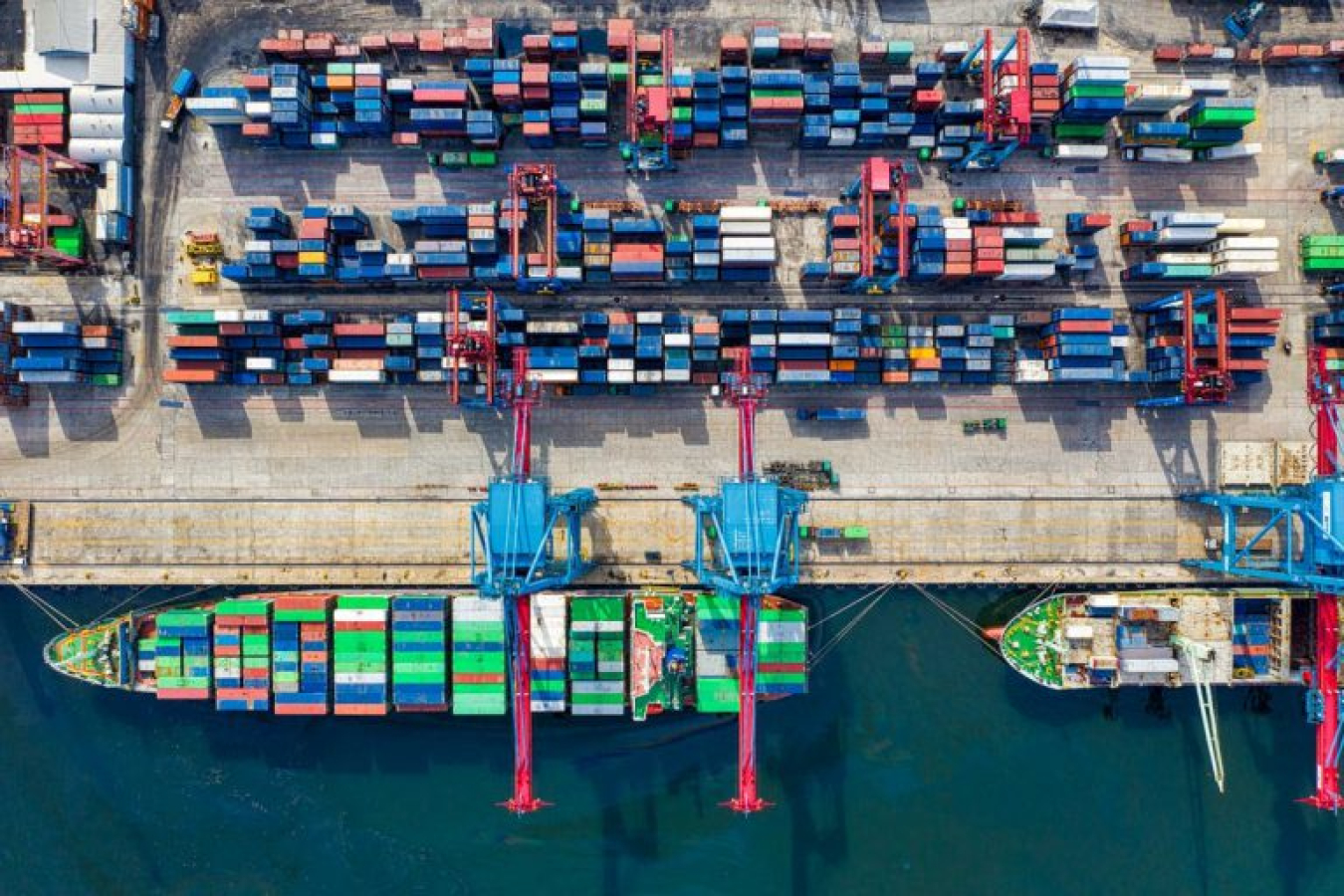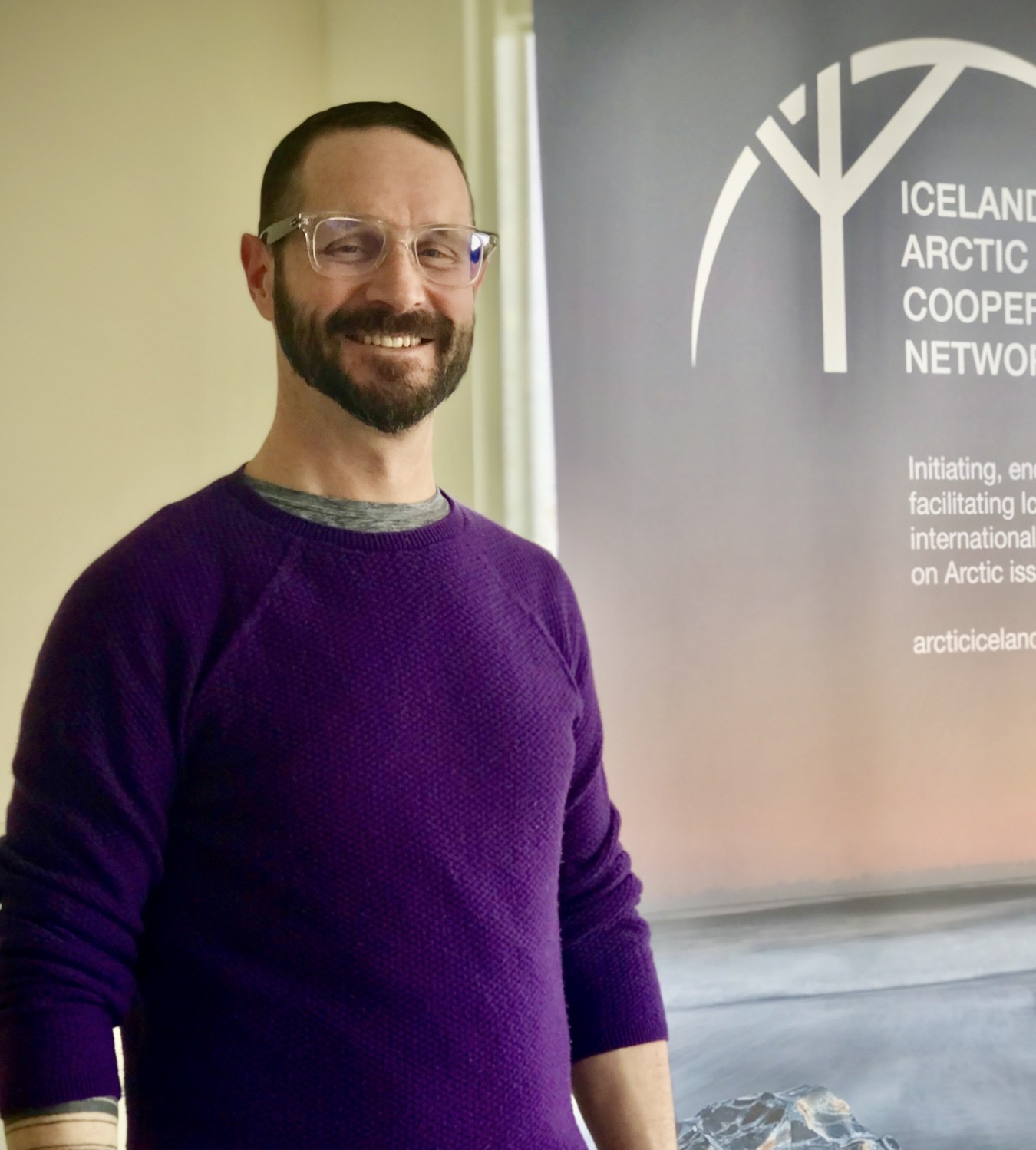Through collaborative initiatives, research partnerships, and knowledge exchange, the U.S. Department of Energy (DOE) is playing a pivotal role in advancing sustainable energy solutions in this unique and sensitive ecosystem.
June 26, 2023The Arctic, with its vast energy resources and environmental significance, has become an area of growing global interest. Through collaborative initiatives, research partnerships, and knowledge exchange, the U.S. Department of Energy (DOE) is playing a pivotal role in advancing sustainable energy solutions in this unique and sensitive ecosystem. Read on to learn how the Arctic Energy Office, based in Alaska and DOE headquarters in Washington, D.C., coordinates and facilitates Arctic engagement across DOE and our national laboratories.
Collaborative Initiatives
DOE, alongside the other like-minded Arctic Council member states and observers , fosters knowledge sharing and research collaboration to address common challenges in the region. Through various platforms organized by the International Arctic Research Policy Commission (chartered under the National Science Foundation) the U.S. Arctic Research Commission, and the working groups of the Arctic Council, tour office facilitates dialogue and information exchange on topics such as renewable energy, energy efficiency, and climate change.
These collaborative efforts enable researchers, policymakers, and industry experts to share best practices, innovative technologies, and scientific findings. By pooling resources and expertise, DOE's international cooperation initiatives enhance our understanding of the Arctic's energy potential, its environmental impacts, and sustainable energy solutions.
Research Partnerships
The transition to renewable energy sources is a critical aspect of sustainable development in the Arctic. One notable example is the partnership between DOE and its partners with the Mission Innovation (MI) Zero Emission Shipping Challenge. Working with the co-chairs Denmark and Norway and the other partners, MI announced the start of development of a green shipping corridor between Seattle and Alaska that will help open the energy transition in the Arctic maritime sector.

We cannot overstate the importance of energy efficiency and resilience in Arctic communities, where extreme weather conditions and limited infrastructure pose unique challenges. Through international cooperation, the DOE shares best practices and technologies to improve energy efficiency, reduce greenhouse gas emissions, and enhance the resilience of energy systems.
The Arctic Remote Energy Networks Academy (ARENA) is a notable DOE initiative that promotes energy efficiency and grid resilience in remote Arctic communities. ARENA provides training and capacity-building programs to Arctic stakeholders, empowering them to optimize energy systems and integrate renewable energy sources. This knowledge transfer strengthens local expertise and contributes to the long-term sustainability of energy infrastructure in the Arctic. ARENA is sponsored by the Arctic Council Sustainable Development Working Group (SDWG). The US portion of ARENA is funded by DOE in collaboration with the National Renewable Energy Laboratory and administered by the University of Alaska Fairbanks.

DOE participates in the U.S. Department of State’s Embassy Science Fellows Program to foster energy and science collaboration between the United States and Arctic nations. In Iceland, for instance, the Arctic Energy Office funds Aaron Cooke, an Embassy Science Fellow ,who works with local partners to advance sustainable energy initiatives and facilitate knowledge exchange. This strengthens the ties between the DOE and Icelandic institutions, and enables the sharing of research outcomes and best practices.
The Embassy Science Fellow in Iceland, Aaron Cooke, leverages expertise from his home office - DOE’s National Renewable Energy Laboratory (NREL) - and other DOE entities to contribute to Iceland's renewable energy and climate change mitigation efforts. By supporting research collaborations and knowledge transfer, DOE facilitates the development of innovative energy solutions and strengthens the capacity of Arctic nations to address their unique energy challenges. You can read more about his work in our recent blog.
Knowledge Exchange
The Arctic is a frontline region for observing and understanding the impacts of climate change. By partnering with international organizations, research institutions, and indigenous communities, facilitated by the Arctic Energy Office, DOE works towards mitigating environmental impacts and advancing climate change research in the Arctic. Through international cooperation initiatives and the unique expertise of our laboratories, DOE plays a pivotal role in advancing sustainable energy solutions in the Arctic.
The DOE's engagement in the Arctic Remote Energy Networks Academy (ARENA) program and its Embassy Science Fellow initiatives further demonstrate its commitment to knowledge exchange, capacity building, and collaborative research. These efforts are vital for addressing environmental impacts, mitigating climate change, and fostering the long-term sustainability of the Arctic region and its communities.
Michael McEleney

Michael McEleney is the Senior Advisor for the Arctic Energy Office, specializing in Congressional, International Affairs, and Defense issues.
McEleney joined the Arctic Energy Office from the Office of International Affairs, where he previously served as the Senior Policy Advisor with responsibility for Arctic issues. He coordinated the first senior DOE visits to Iceland and Greenland and assisted in the planning and creation of the Office.
Prior to his service in the Department of Energy he served as a Policy and Strategy Analyst for the Under Secretary of the Navy with responsibility for Arctic and Nuclear issues. He also served as the Director of Congressional Affairs for the Department of the Navy Program Executive Office for Aircraft Carriers and as a professional staff member in the U.S. House of Representatives. Mr. McEleney holds a M.A. in Security Studies from Georgetown University and a B.A. from Johns Hopkins University.

